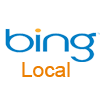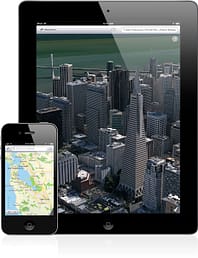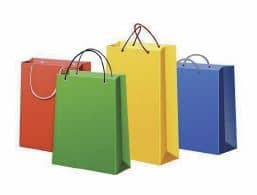
The partnership with Yelp is not the only agreement Bing has made lately. It has also partnered with Qwiki, a video startup that translates text content into video and integrated with Facebook. These partnerships aim to increase the quality of Bing’s search results in an attempt to take on the search giant, Google.
In late 2009, Google was considering buying Yelp for half a billion dollars. However, tensions grew between the two companies after Google crawled Yelp’s content and used it for its Places application without forming a partnership. Google then decided to buy Zagat instead and get rid of all of Yelp’s information. Zagat is now a chief component in Google’s newest local search application, Google+ Local.
Although Bing’s new partnerships look promising for the search engine, getting people to switch from Google to Bing is a tough job. Which search engine do you use? Do Bing’s recent attempts to better its service entice you to switch from Google to Bing?



 According to
According to 